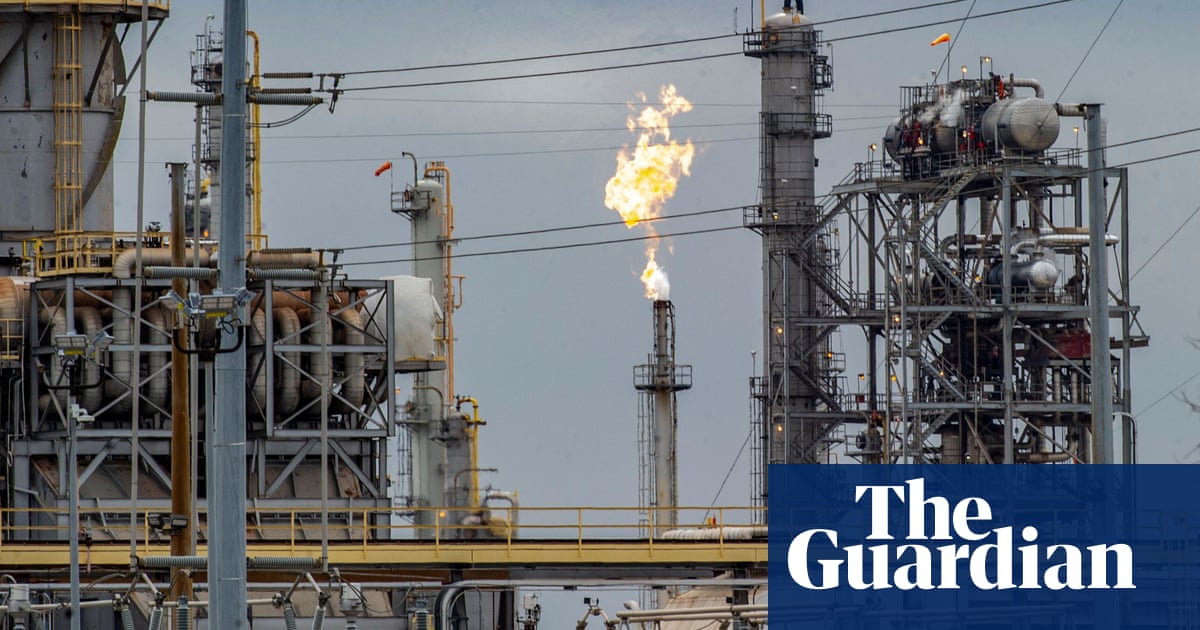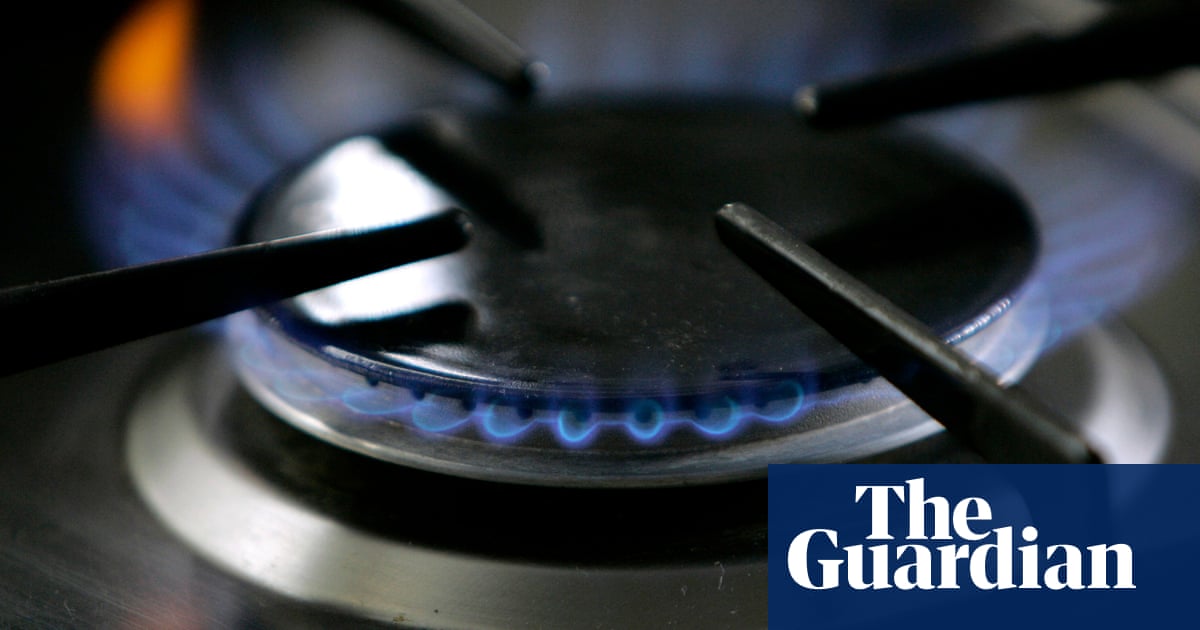New rule mandates 200 US plants to reduce toxic emissions linked to cancer | Pollution


More than 200 of the nation’s hazardous chemical plants will be mandated to reduce toxic emissions linked to cancer, the Biden administration announced on Tuesday.
The long-awaited rule finalized by the Environmental Protection Agency (EPA) will strengthen protections for communities living near industrial sites, especially along the Gulf coast.
The new update focuses on ethylene oxide, used to produce antifreeze, pesticides and sterilizing agents, as well as chloroprene, which is used to make synthetic rubber for shoes and wetsuits.
“President Biden believes every community in this country deserves to breathe clean air,” said the EPA administrator, Michael Regan, highlighting communities such as St John the Baptist parish in Louisiana. “We promised to listen to folks that are suffering from pollution and act to protect them. Today we deliver on that promise with strong final standards to slash pollution, reduce cancer risk and ensure cleaner air for nearby communities.”
Last time the government updated the pollution limits from chemical plants was 2006. The strengthened rule would lower toxic pollutants by 6,200 tons a year, and slash ethylene oxide and chloroprene emissions by 80%. The new update under the Clean Air Act would also require fence-line monitoring of six toxic air pollutants: ethylene oxide, chloroprene, vinyl chloride, benzene, 1,3-butadiene and ethylene dichloride.
“This shows the administration’s commitment to the issues of environmental justice,” said Adam Kron, a senior attorney with Earthjustice. “This rule will reduce a lot of hazardous air pollutants. There will be less cancer based on these emissions, there will be lives saved.”
There is only one facility in the US that produces the pollutant chloroprene, which is operated by the Japanese chemicals giant Denka and is situated in St John the Baptist parish in the heart of the heavily industrialised region in Louisiana known as “Cancer Alley”.
The EPA lists chloroprene as a likely human carcinogen and has long suggested a safe lifetime exposure limit of 0.2 micrograms per cubic metre. The agency has been monitoring the air around the Denka facility since 2016 and readings have regularly exceeded this limit by dozens of times.
Denka, a Japanese company that bought the former DuPont rubber-making plant in 2015, said it “vehemently opposes” the EPA’s latest action.
Source link




